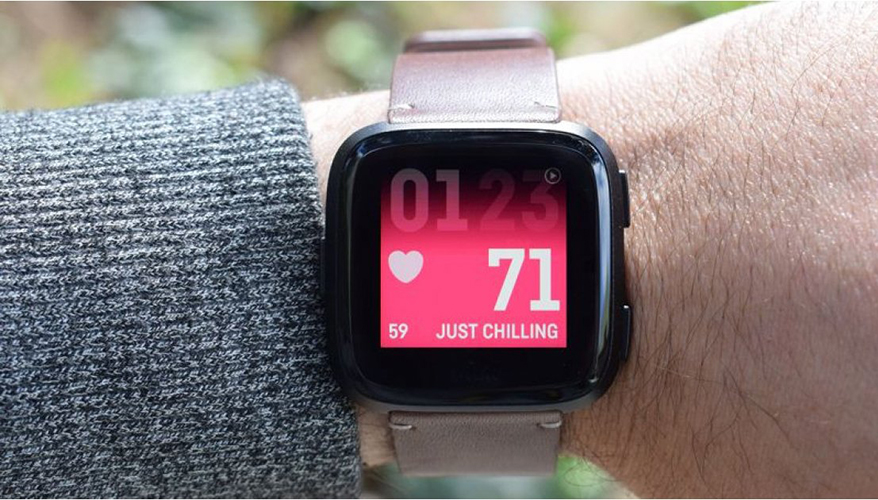Fitbit launched the Fitbit Heart Study, its first large-scale, virtual study to validate the use of its wearable technology to identify episodes of irregular heart rhythm suggestive of atrial fibrillation (AFib), the most common form of heart rhythm irregularity.
This study is part of the company’s broader strategy to make easy-to-use tools that accelerate the detection of a range of conditions more accessible. The Fitbit Heart Study aims to enroll hundreds of thousands of people, and its results will support the Company’s regulatory submissions globally.
Fitbit said AFib affects nearly 33.5 million people globally and patients with AFib have five times higher risk of stroke. It can also be difficult to detect, as episodes can be sporadic and asymptomatic, and some studies suggest that as many as 25 percent of people who have an AFib-related stroke only find out they have AFib after a stroke has occurred.4
“Until recently, tools for detecting AFib had a number of limitations and were only accessible if you visited a doctor,” said Steven Lubitz, M.D., M.P.H, principal investigator of the Fitbit Heart Study, a cardiologist at Massachusetts General Hospital and Associate Professor of Medicine at Harvard Medical School. “My hope is that advancing research on innovative and accessible technology, like Fitbit devices, will lead to more tools that help improve health outcomes and reduce the impact of AFib on a large scale.”
“Since we first brought heart rate tracking to the wrist in 2015, we have continued to innovate and provide users with a deeper understanding of their heart health through features like Sleep Stages, Cardio Fitness Level and now Active Zone Minutes,” said Eric Friedman, Fitbit co-founder and CTO. “The Fitbit Heart Study advances our heart health efforts. Long-term passive heart rhythm assessment with our wide range of affordable devices powered by 24/7 heart rate tracking technology has the potential to improve earlier identification of AFib, which is a key to reducing the risk of a life-threatening event like a stroke. By doing this important research we have the opportunity to develop and provide access to technology that may be able to improve public health and save lives.”
The study is open to people in the United States ages 22 years and older with a current Fitbit device that tracks heart rate, including Fitbit Ionic, Fitbit Versa family of smartwatches, Fitbit Charge 3, Fitbit Charge 4, and Fitbit Inspire HRTM. Participant data will be kept confidential and will only be shared with study partners in connection with the study. For more details on the Fitbit Heart Study or to enroll, visit the Fitbit Heart Study website.
Photo courtesy Fitbit
















